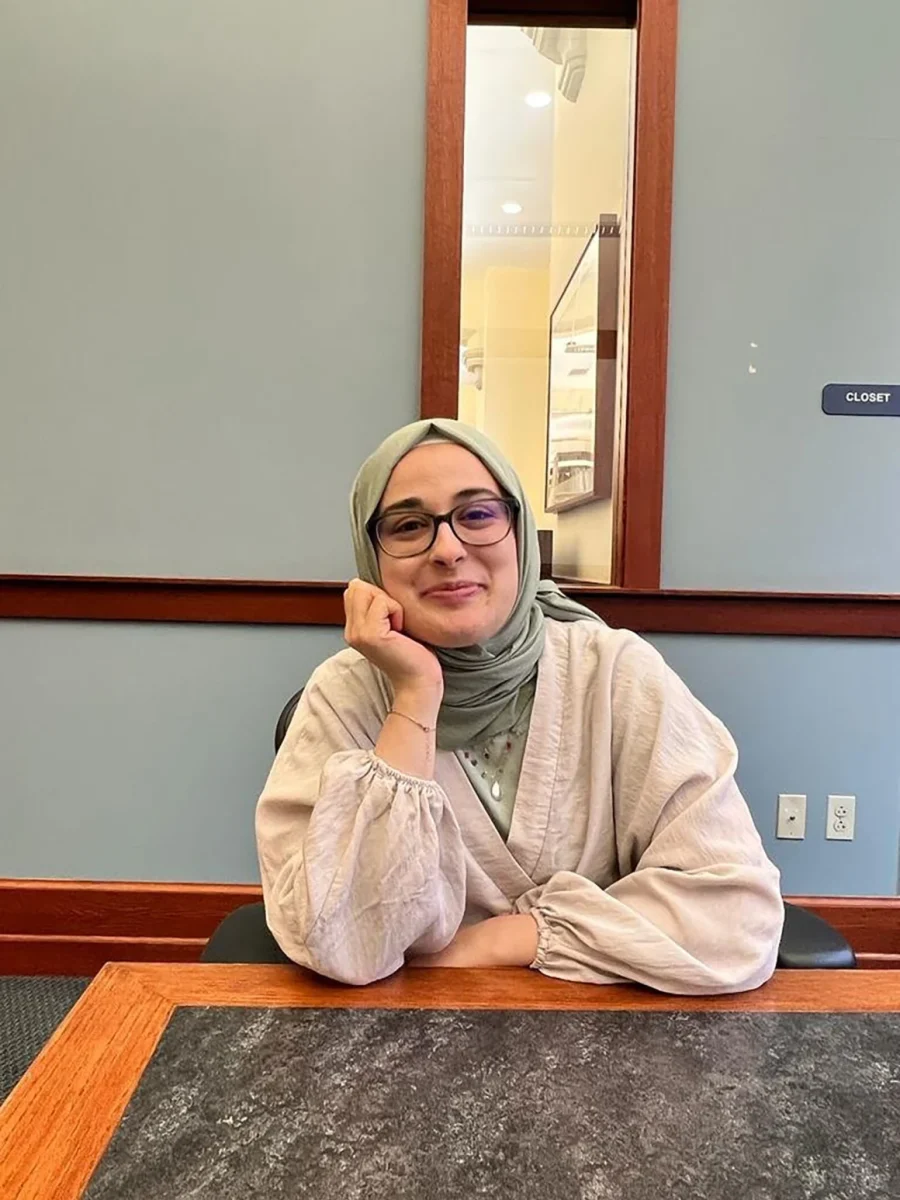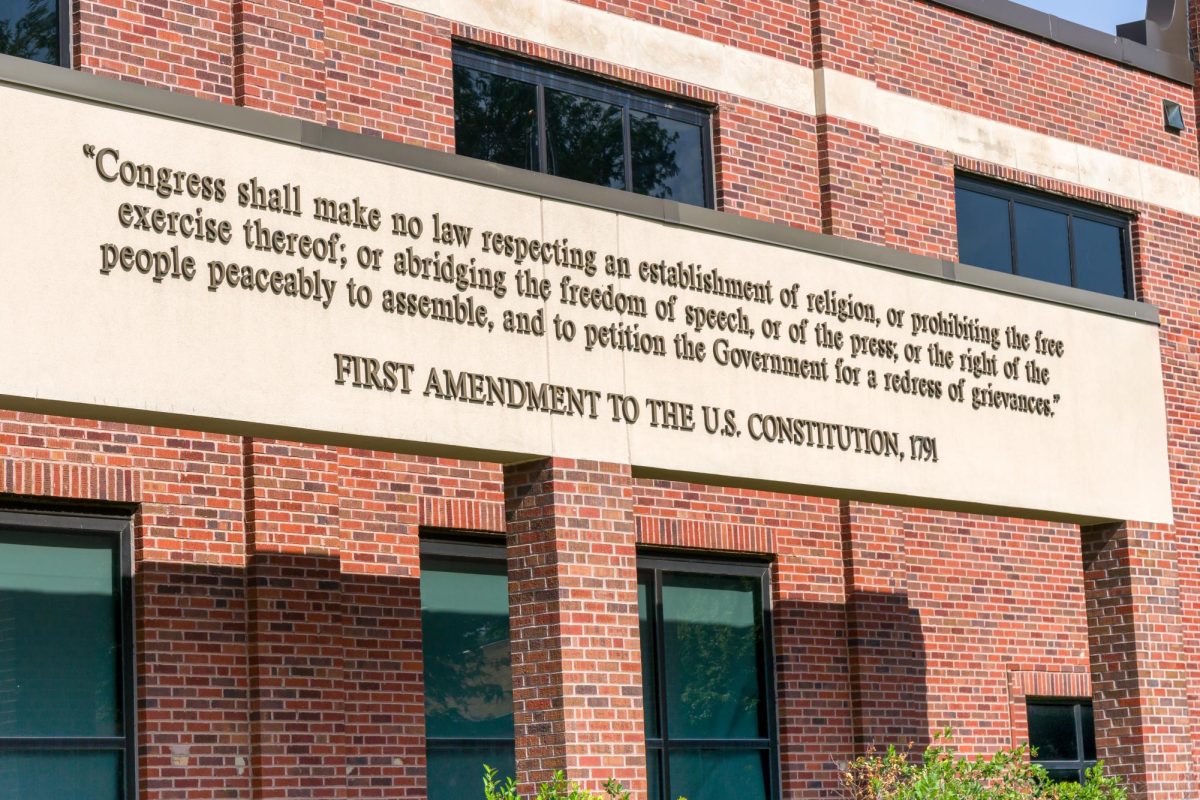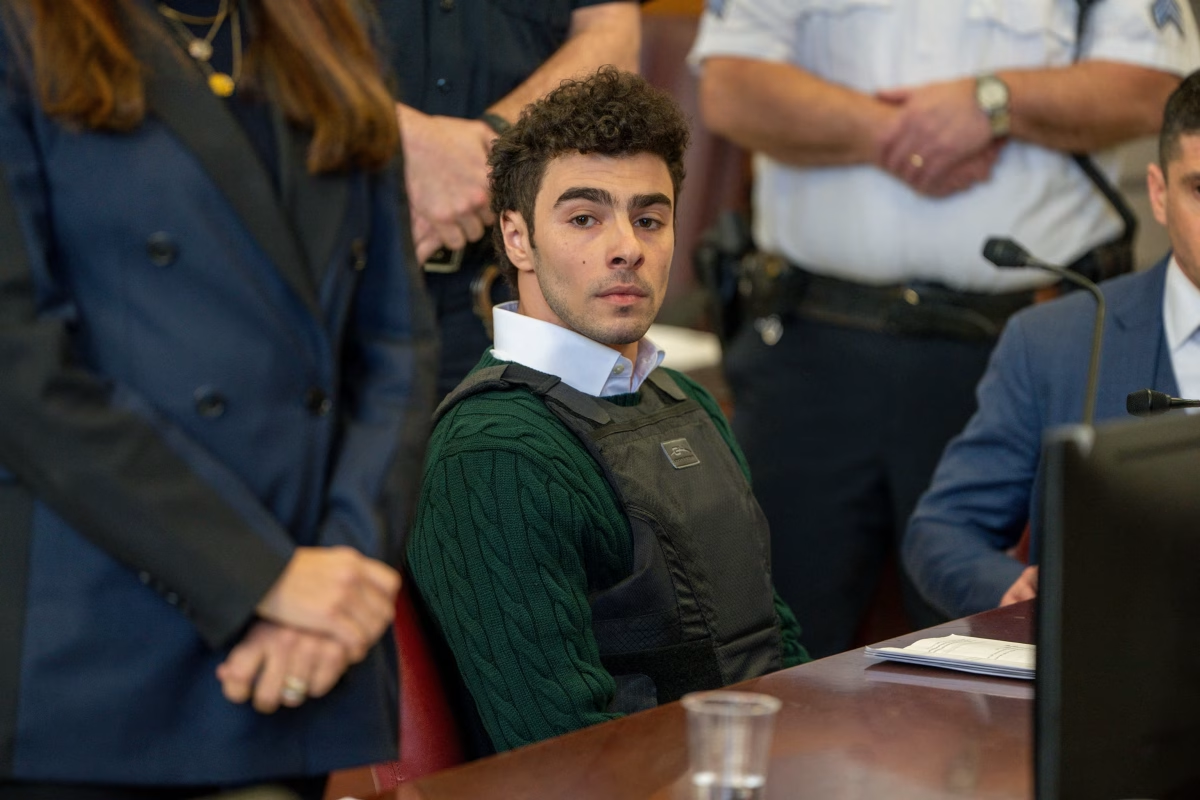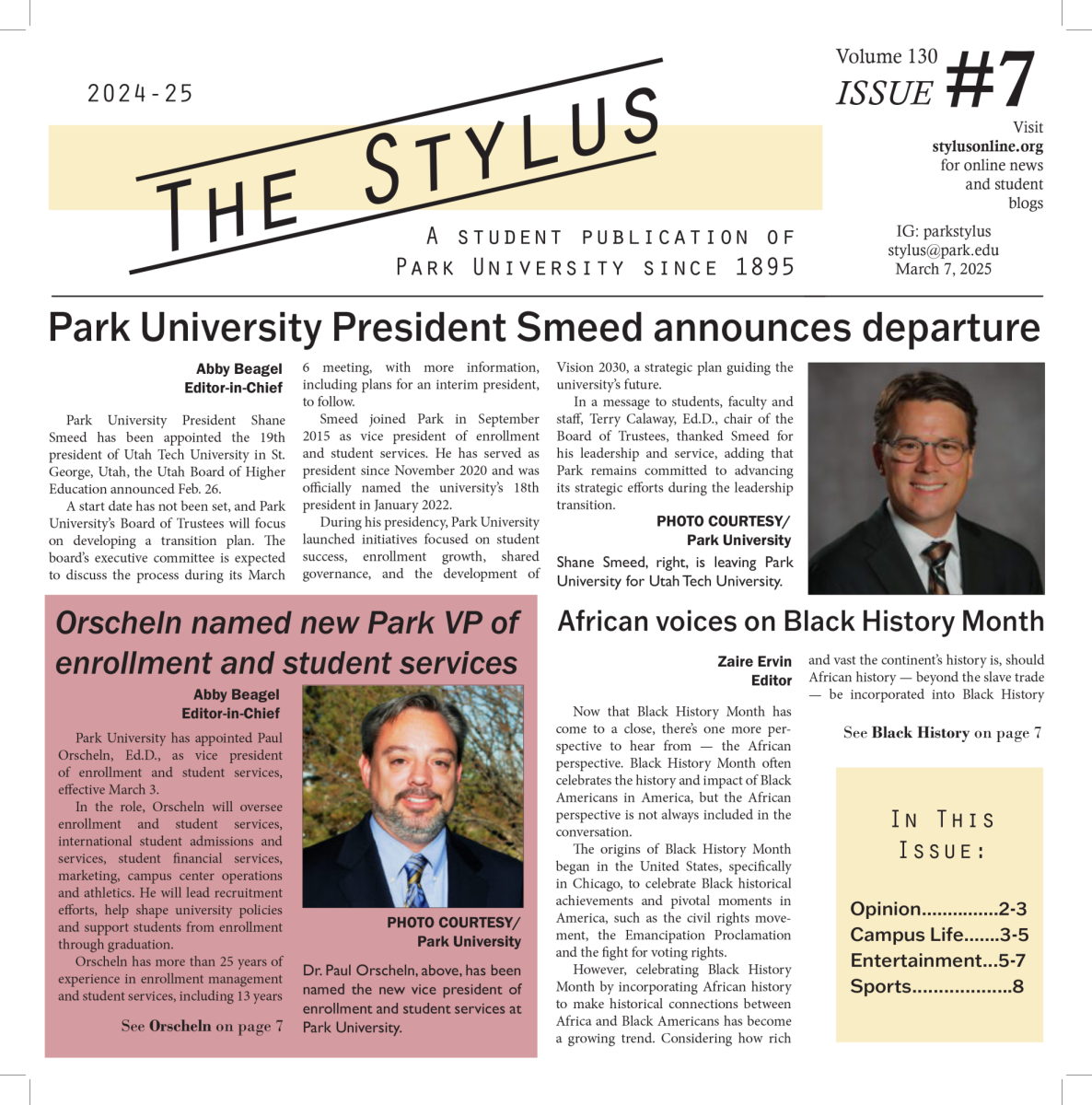The opinions expressed in this article are those of the author’s. They do not reflect the opinions or views of The Stylus and its staff, or of Park University.
I couldn’t help but feel a sinking feeling in my gut when I learned that Rümeysa Öztürk, a Turkish doctoral student studying at Tufts University, was arrested by immigration officials on March 25. At the time, the spokesperson from the U.S. Department of Homeland Security said Öztürk’s student visa was revoked due to her engagement in “activities in support of Hamas.”
Yet according to her friends, she wasn’t an active protestor during the Gaza war between Israel and Palestine. What she did was write an op-ed in The Tufts Daily student paper last year, which criticized how Tufts responded to requests to divest from Israel.
As the adviser for Park University’s student newspaper, The Stylus, this news is unsettling.
My students and I talk frequently about the role of journalism across the globe. In countries like China, Myanmar, and Russia, journalists are jailed, tortured, and even murdered for attempting to keep the public informed. In Mexico, journalists are attacked and killed for reporting on crime, and their murders are quickly covered up.
We are fortunate to live in the United States, which was founded from in a culture of dissent. Our first major act was in 1773, when American colonists dumped British tea into Boston Harbor to protest taxes and lack of colonial representation in the British Parliament. The Constitution was ratified just 15 years later, and three years after that, our Founding Fathers guaranteed a free press as well as the freedom of speech, assembly, and petition in the Constitution’s First Amendment. Yet today, that freedom seems to hang in a delicate balance.
As I tell my students, it’s a journalist’s job to inform, and doing so in an ethical and credible way is part of the job. It’s also our job to critique and challenge when necessary.
The Stylus is filled with incredibly talented reporters. They are covering what’s happening in the United States and how it relates to Park University. They often share their own opinions on the state of politics, which I encourage.
Park is also filled with international students — many who have been staff members of The Stylus — and as an adviser and teacher, I take their safety seriously. We talk about how new governmental policies may affect our current students and our campus.
When I see what happened to Rümeysa Öztürk, I look at my students and wonder if one of them might be next. Fortunately, they won’t back down.
I write this with the knowledge that as journalists, we put ourselves in this type of danger every day. It comes with the job, and it’s done in the pursuit of ensuring a fair and free democracy. When they graduate, I expect them to walk out with a portfolio of thoughtful, challenging, and meaningful coverage of what’s happening at Park and the world around us so they can pursue this career with confidence.
Their voices matter. Your voices matter, too. And all of us deserve to be heard without fear.
What happened to Öztürk is a stark reminder that even in a country founded on dissent, that expression isn’t always guaranteed. That’s especially true for those who challenge the status quo. But democracy is important, and to preserve it, we cannot silence those voices. We need to protect them.
What I can promise is that my students will continue to ask hard questions. They will keep writing stories that matter. And as their adviser, I’ll keep reminding them: Journalism isn’t just a career. It’s a responsibility.









